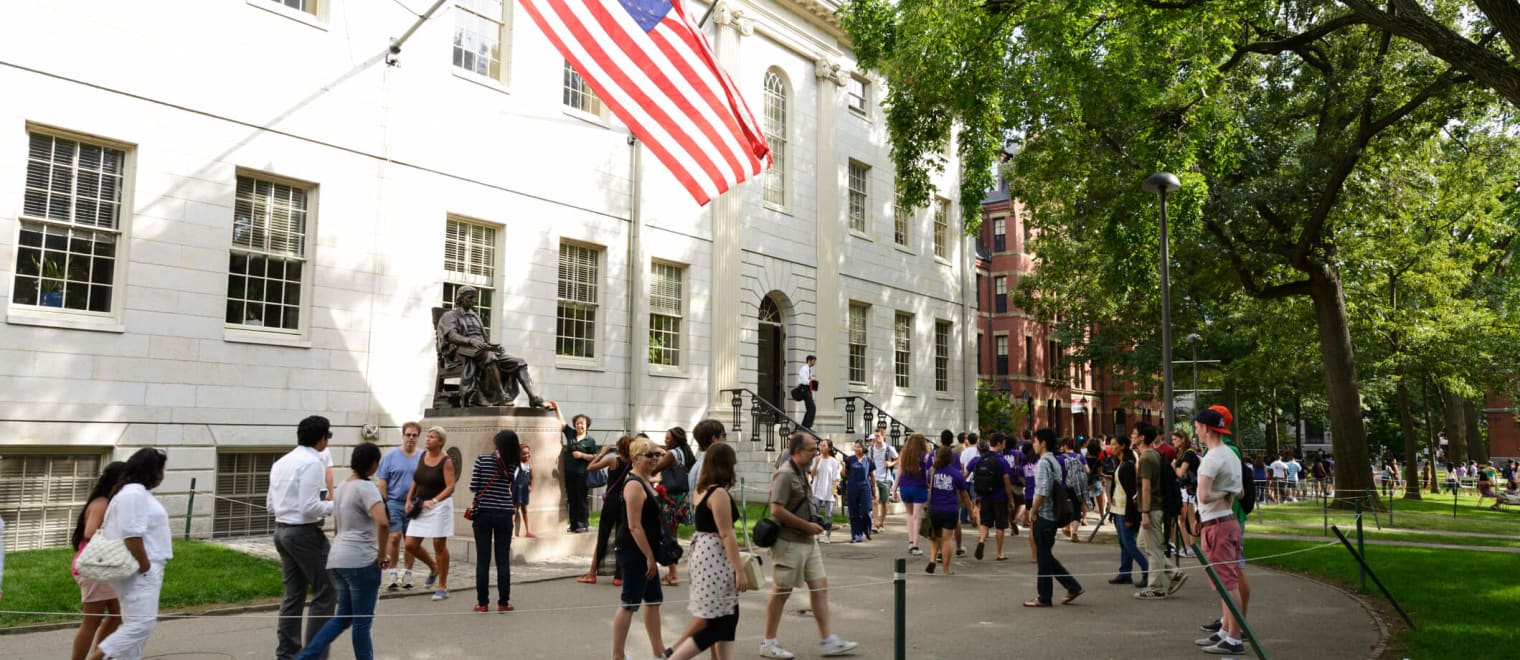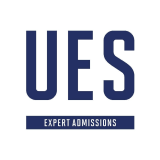This informal CPD article ‘Preparing to Study in the US’ was provided by UES Education, specialists in international university and school admissions, working with top schools across the UK and Europe to provide a bespoke service for those who want the best possible application support in the UK.
Over the past decade, there has been a massive increase in interest among UK students in studying in the USA. Students interested in studying abroad should have a sense of what the experience will be like, as well as the advantages of studying in the US. Schools’ careers and advising provisions should be sure not only to prepare students for applying to university in the US, but also for the experience of attending university and experiencing a new culture.
Advantages of studying in America
The main advantage of US study is that it allows students to explore a range of academic subjects before specialising in a particular course (called a ‘major’ in the US). Students can also double-major in two subjects, or do a ‘minor’ (a secondary area of study) in a subject of their choosing. For students who either don’t know what they want to study, or really want to study multiple things, the US is an excellent fit. A few US universities even have open curricula, which means that students have no required courses and can study whatever they want, designing a specific programme that suits their niche interest.
Additionally, global experience is an excellent asset when students move into their careers. Studying in the US allows students not only to have an advantage on their CV, but also to learn cultural awareness that will help them in the increasingly globalised professional sphere.
Disadvantages of studying in America
Studying in the US is not for everyone. Students who know exactly what they want to study and don’t wish to try other subjects will likely prefer the UK’s specialised system. Furthermore, Pre-Professional degrees, like Medicine, Veterinary Science and Dentistry are only taught at post-graduate level in the US and generally only accept US citizens.
Cost is also an important factor – while US graduates have less debt than UK students on average, the student loan system in the UK makes university more easily accessible.
Preparing for studying overseas
One factor to encourage students to consider as they plan to study in the US—or other international destinations—is the population of international students at the universities to which they are applying. Some universities will have high percentages of international students. Others, particularly state universities, will mostly be composed of local students. There’s nothing wrong with studying at the latter, as students will have the opportunity to be immersed in the local culture, but studying somewhere with a strong base of international students can help adjustment and give students a sense of belonging.
After students are accepted, teachers and schools should facilitate students being organised and on top of admin, to help ensure that their study abroad experience goes smoothly. Students should be sure to have their passport and visa (immigration permission) sorted: universities should provide them with information and support on the latter. Students should make sure their passport is valid for the time spent studying and an extra six months; if it isn’t, it should be renewed.
Encourage students to think about phone calls as well—international phone calls are very costly! To avoid this, they should look into the best SIM cards or eSIMS. Another thing to get sorted is money: students should make sure their debit cards allow them to pay for things and take money out without fees. Once they arrive in the US, they may be able to set up a bank account as a student, which will make things easier.
Another thing to be aware of is housing. Most US universities will have some sort of housing provision included, at least for the first year, but it is good for students to know what the arrangements will be well in advance, so they don’t miss out on any important forms, deadlines, or payments. Encourage them to look out for details like whether they’ll need to bring furniture and bedding, how much closet space they’ll have, and whether small appliances like a refrigerator or microwave are allowed.
Conclusion
Encouraging students to look into cultural differences beforehand can also help smooth the transition. Although the US is an English-speaking culture, some etiquette, words, and expressions will be different! Studying in the US is a great opportunity for the right students, and advising students to do some forward planning once they have got their offers is a great way to make sure they are set up for even more success!
We hope this article was helpful. For more information from UES Education, please visit their CPD Member Directory page. Alternatively, you can go to the CPD Industry Hubs for more articles, courses and events relevant to your Continuing Professional Development requirements.













